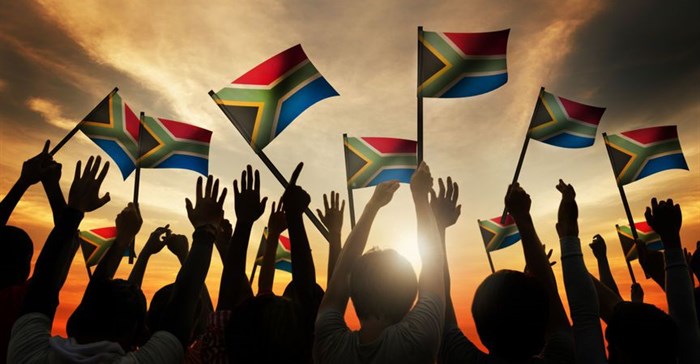President Cyril Ramaphosa is hoping to fix our economy, but it won't be easy. In his first State of the Nation Address (Sona) he detailed his plans to solve some of the issues underlying our economy and building a more inclusive state.
Firstly, he inherits the last of former President Jacob Zuma's five finance ministers, Malusi Gigaba, who is relatively new to his position and whose future is uncertain. A shuffle in the cabinet is more than likely – Ramaphosa hinted at making sure people in senior government positions had the necessary competence.
On top of that, public debt as a percentage of gross domestic product (GDP) has grown significantly since Zuma’s presidency.
Fixing unemployment
Unemployment plagues the SA economy. The new president will have to look to increase job creation as growing our base of taxpayers will help manage public debt. Reducing the public debt will help South Africa to avoid junk status.
A jobs summit will be held in the coming months aligning all sectors behind the goal of job creation. The summit will promote increased investment and enhanced productivity by ensuring all workers are adequately equipped for their roles. Ideas from the summit will be implemented immediately - so, not one of those meetings where you sit down, hash out plans, then forget about them the minute you walk out the door.
Young South Africans are a focal point - the Youth Employment Service Initiation will place unemployed hopefuls into paid internships across different companies. One million posts will be created in the next three years. Tourism will be an industry seeking to double direct jobs in the coming years.
Small businesses will be a backbone of job creation. The government will launch a small business and innovation fund that targets start-ups and create an ecosystem that promotes entrepreneurship. Less red tape will make it easier for these businesses to flourish.
The GDP growth rate has slowed down, and this could be a key improvement area for Ramaphosa and Gigaba (or whoever the next minister of finance might be). Shuffling management at SOEs and stomping out corruption are two areas the president has earmarked.
Growing GDP
There will be a focus on encouraging investment into the South African economy from both local and foreign players. An investment conference will be held within the next three months. Improvements in manufacturing and industrial production will both grow jobs and fuel the economy. Certain items will be marked for local procurement rather than be imported. Special economic zones will be set up to provide incentives for investment. A team to clear red tape and accelerate completion of projects will be created.
A Digital Industrial Revolution Commission will be set up to make sure South Africa can keep up with the rapid changes happening in today's world and aim to place us at the forefront of some of this change. Investments in science and technology will make this possible.
A free trade area with 25 other African countries will allow for movement of exports, which will help to grow the industrial sector and create even more jobs. State-owned enterprises' management will be reshuffled, their revenue streams will be re-evaluated if they cannot fund their own activities and they will reappoint board of directors to have appropriate skills to deal with the change.
Issues with our public education system will need to be tackled by the Department of Basic Education. With the global economy shifting into increasingly skilled labour, South Africa will need to generate more graduates. Ramaphosa has flagged this as an area needing fixing.
Education
Households earning less than R350,000 will be entitled to free higher education and training for new entrants. Quality of education will be improved in the public school system.
Trying to provide free tertiary education will place further pressure on an already stretched budget. Ramaphosa noted that this would be covered in the upcoming budget speech, and he may have to come knocking on taxpayer's doors for help.
Transformation
Preferential procurement and black industrialist programmes will be a focus. Companies not co-operating will be dealt with and black business growth in both rural and urban areas will promote competition. Land distribution will seek to correct the wrongs of the past and also bring more producers into the agricultural sector. This will "include the expropriation of land without compensation."
There is hope. A stable rand promotes consumer and business confidence, which fuels economic activity. Commodity prices relative to equities appear cheap again. South Africa's economy stands to benefit from stabilising commodity prices - facilitating growth in this export-driven sector of our economy.
Mining
South Africa will again assert our position in mining - promoting investment, creating jobs and rebuilding the industry. Ramaphosa has a background in mining and has created significant wealth for himself in this industry - hopefully, he can do the same for South Africa.
Ultimately, Ramaphosa showed complete awareness of the issues facing South Africa. Additionally, he hinted to his understanding of the level of incompetence in some senior government positions, so don't be surprised if you see a reshuffle in the near future. Laying out the plan provides some comfort but will also help to hold him and the African National Congress accountable. The DA and EFF have lost ground following "Zexit" and the next election is the ANC's to lose. It appears that we are at a turning point in our history and we all have a part to play.














































